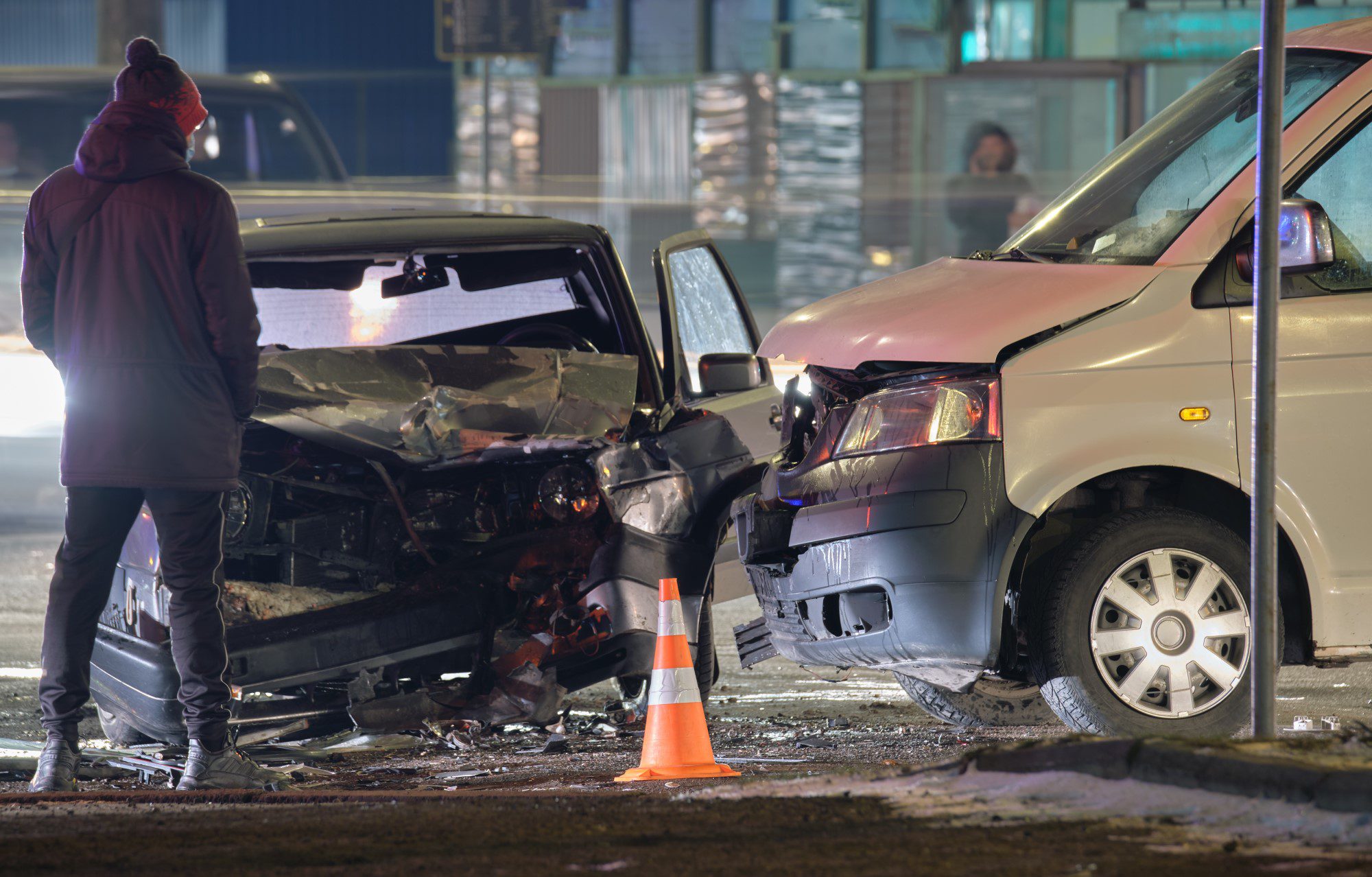Common Causes of Rear-End Collisions
Rear-end collisions occur when drivers fail to maintain control of their vehicle and do not or are not able to slow down fast enough to avoid hitting the car in front of them. Common causes include:
- Tailgating, speeding, or reckless driving.
-
Impairment due to drugs, alcohol, or fatigue.
-
Environmental conditions, such as foggy weather, rain or snow, may reduce vision and prevent the at-fault vehicle from realizing that traffic has slowed.
- Vehicle malfunctions, such as brake lights, turn signal defects, or non-working brakes.
- Distractions include using cell phones or other hand-held devices, eating or drinking, changing radio stations, or any other activities that take the eyes, hands, and mind away from the road, wheel, or the task of driving.
Rear-End Collisions and Liability Issues
In rear-end collision cases in Maine, it’s generally assumed that the rear driver is the party at fault. It’s considered negligent behavior if a Maine driver does not leave an adequate following distance between their car and the car in front.
Maine also has laws against distracted driving, making it a crime to drive while distracted and banning all texting. A driver who texts while driving is already breaking the law; if that driver rear-ends the car in front of him or her, it is clear who is at fault.
Yet, there are factors to consider which may absolve the fault of the rear driver:
- The brake lights of the car in front were not working.
- The turn signal of the front car malfunctioned or wasn’t used.
- The front car stopped abruptly for no apparent reason or for reasons having to do with road rage or impaired driving.
- The front car merged in an abrupt and unsafe fashion.
- The brakes of the rear vehicle malfunctioned.
These and other circumstances may make it difficult to establish that the rear car is liable for the accident or may tend to establish that both parties share responsibility.
In Maine, car accidents are adjudicated according to “comparative negligence.” This means that both drivers can receive a share of the blame. However, if the percentage of plaintiff’s negligence reaches a certain level, they will receive no compensation.
When all of these factors are considered, it becomes clear that some rear-end lawsuits may not be as cut-and-dried as they seem at first glance.
What are Common Injuries Resulting from Rear-End Collisions?
Injuries from rear-end collisions can range from relatively mild to extremely serious:
- Brain injuries
- Concussion
- Back and neck injuries or sprains
- Spinal cord injuries
- Paralysis
- Fractured vertebrae
- Herniated discs
- Whiplash
- Broken ribs or collarbone
- Internal injuries
- Leg and knee injuries
- Psychological trauma
- Blood clots
- Lacerations and scars
- Bruises




